7 GPTs for Academic Summarization Powered by AI for Free of 2025
AI GPTs for Academic Summarization are advanced tools based on Generative Pre-trained Transformers designed to assist in the synthesis and summarization of academic content. They leverage deep learning algorithms to understand, interpret, and condense complex academic materials into more accessible summaries. These tools are tailored for academic research, providing solutions for efficiently handling extensive literature reviews, article summarizations, and the extraction of key information from scholarly texts. Their relevance lies in their ability to process large volumes of data, recognize patterns, and generate coherent, concise summaries, making them indispensable in academic and research-oriented tasks.
Top 7 GPTs for Academic Summarization are: Literature Review,Briefly,落合陽一フォーマット,문서요약 [BT],Study with RV,Arxiv论文总结翻译官,ScholarFox
Literature Review
Empowering Research with AI-Powered Reviews
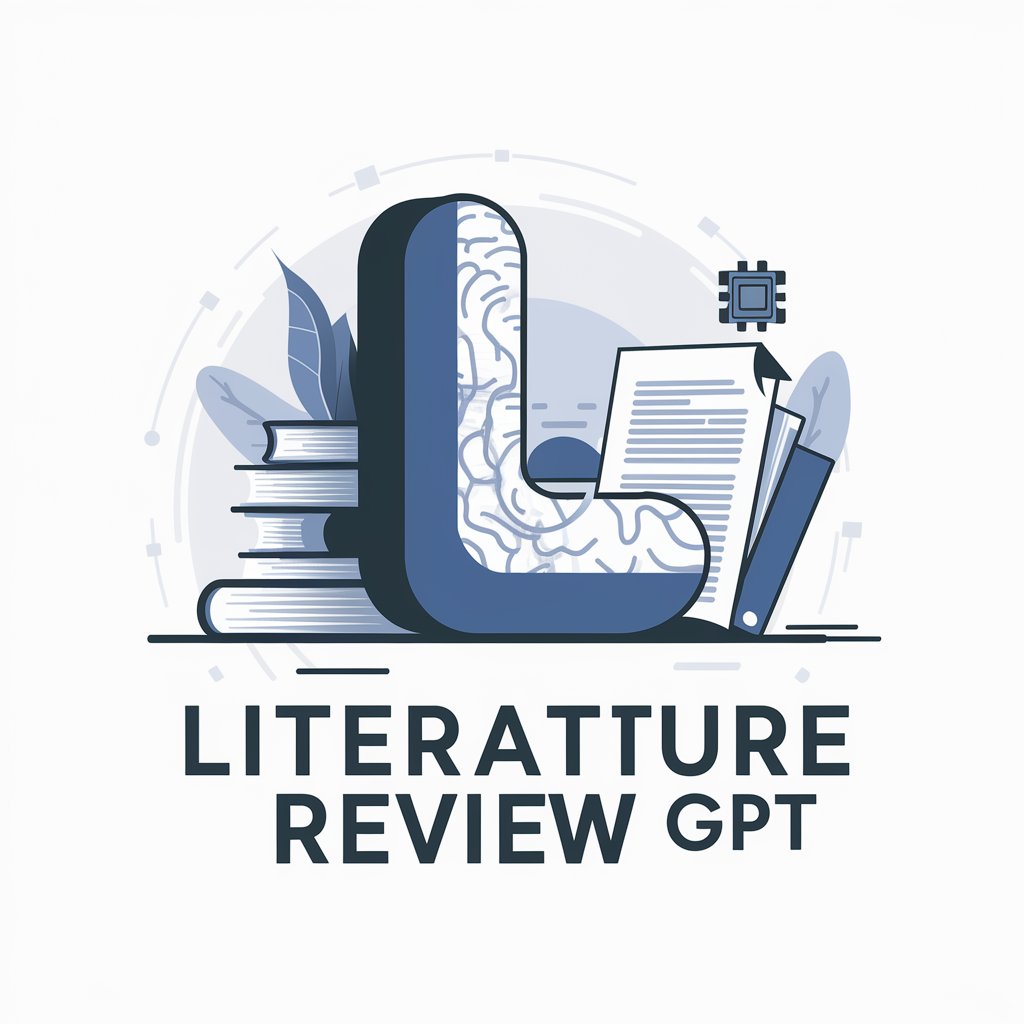
Briefly
Condense Text Smartly with AI
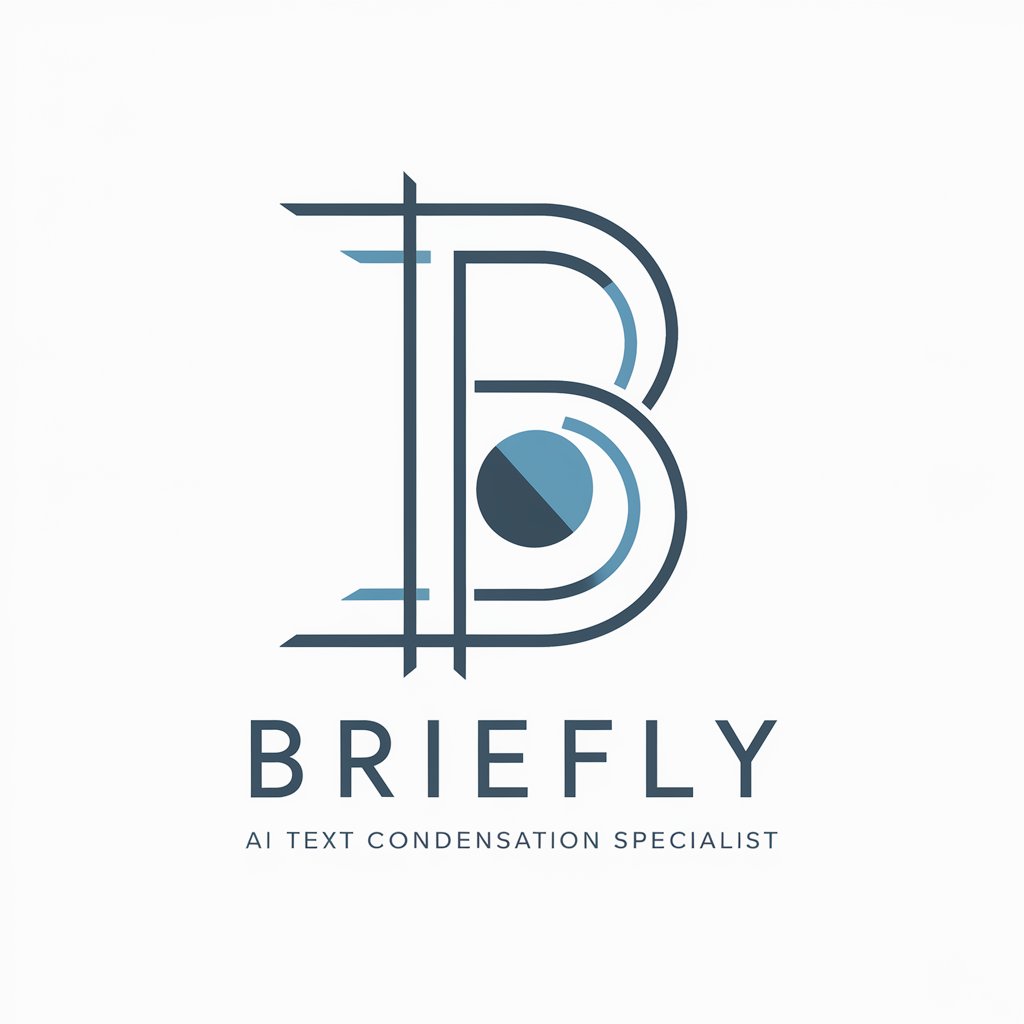
落合陽一フォーマット
AI-powered academic summarization
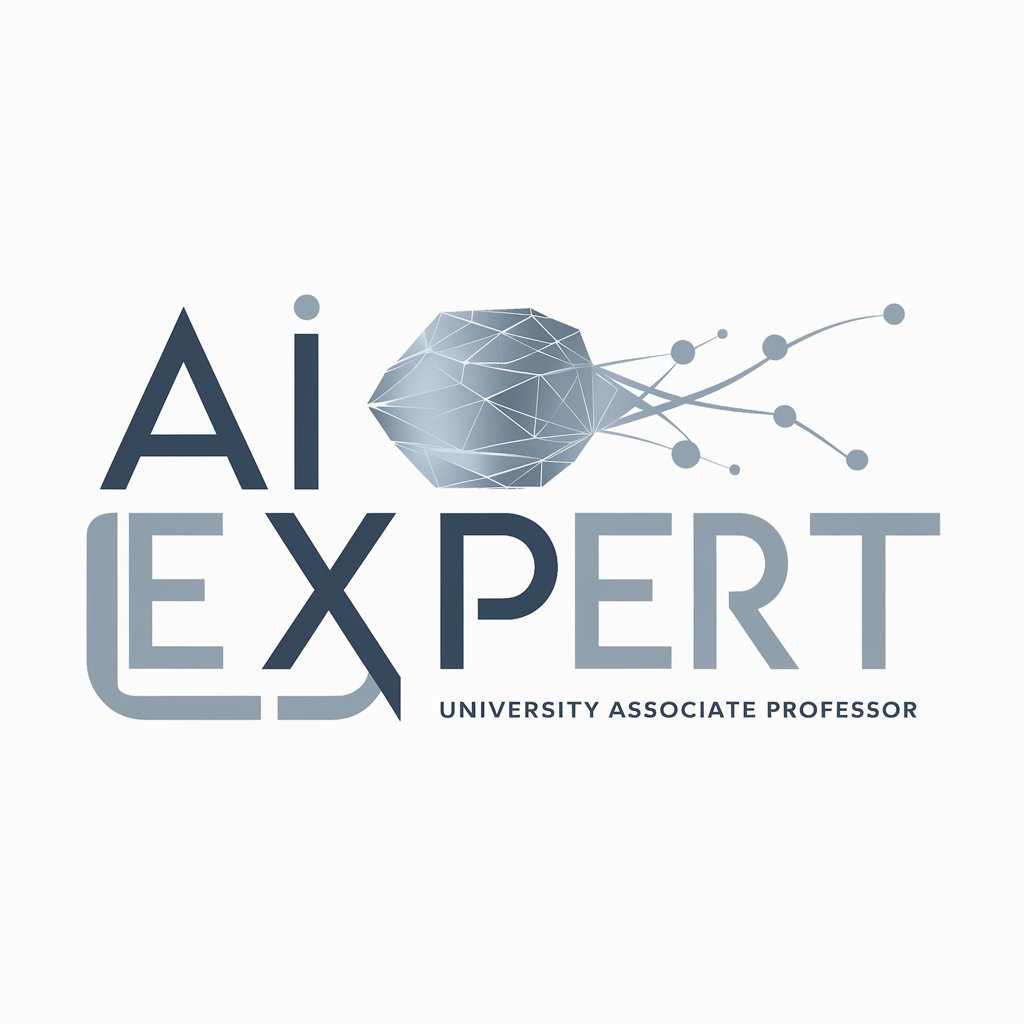
문서요약 [BT]
Summarize documents intelligently with AI.
![문서요약 [BT] in GPT Store](https://r2.erweima.ai/i/43xfXkr1Qkunxm_Qym2kdw.png)
Study with RV
Unlock the power of AI for smarter studying.
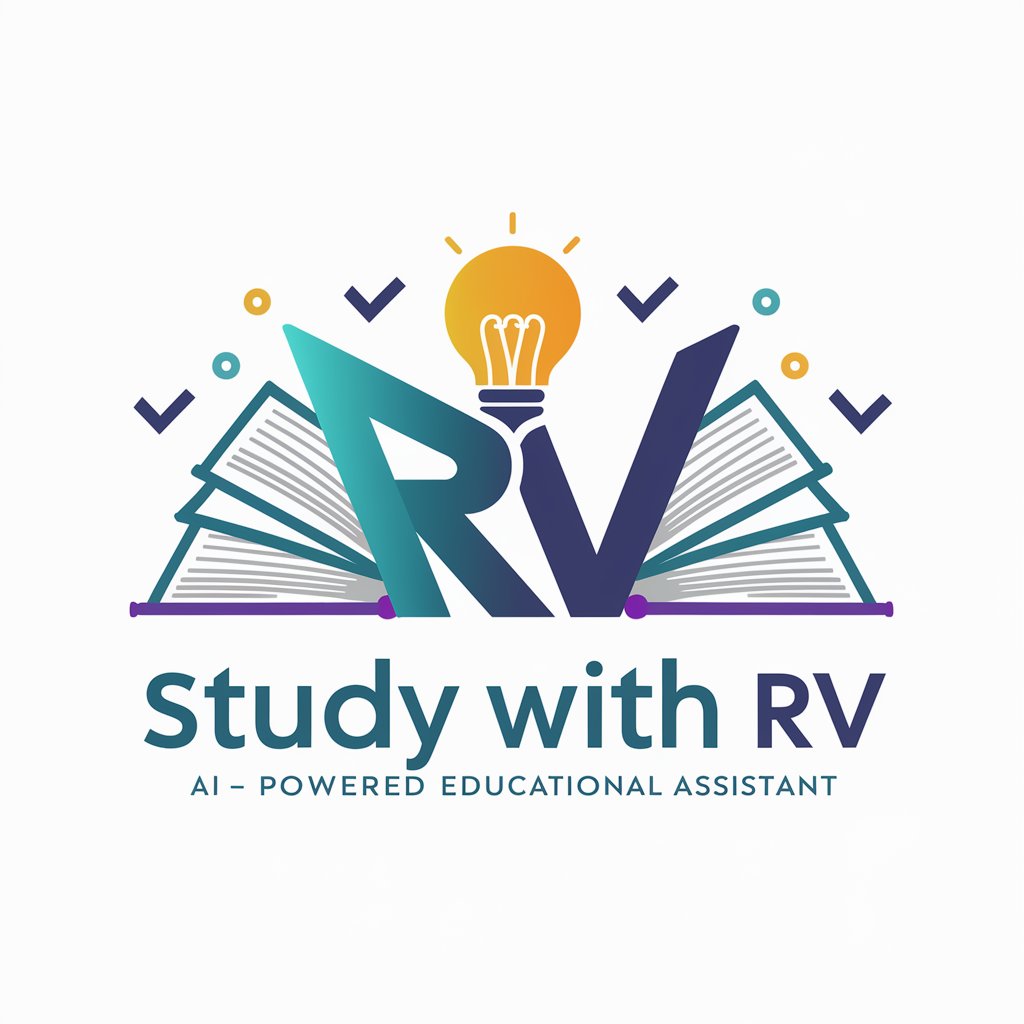
Arxiv论文总结翻译官
Streamlining Academic Research with AI
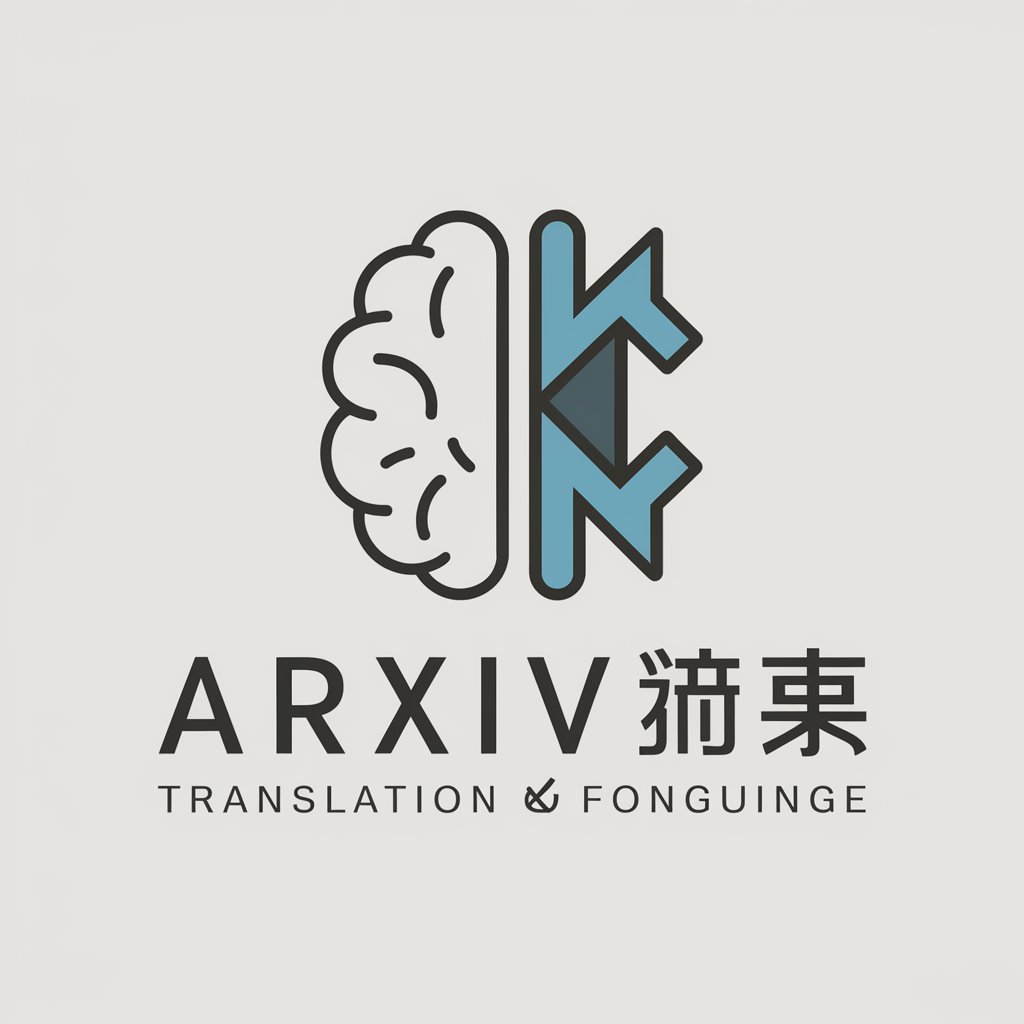
ScholarFox
Transforming complex academic content into accessible summaries.

Essential Capabilities of Academic Summarization AIs
These GPTs tools stand out for their adaptability and scalability, capable of handling tasks ranging from summarizing individual articles to synthesizing comprehensive literature reviews. Key features include advanced natural language understanding, context-aware summarization, and the ability to identify and highlight crucial findings and arguments within texts. Additionally, some tools offer multilingual support, technical customization options for developers, and integration capabilities with academic databases and libraries. Specialized features may also encompass citation detection and formatting, ensuring that summaries maintain academic integrity.
Who Benefits from Academic Summarization AIs?
AI GPTs for Academic Summarization are designed for a diverse audience, including students, researchers, academic professionals, and anyone engaged in scholarly activities. They serve as valuable resources for novices needing assistance in understanding complex academic texts, as well as for experts seeking efficient ways to manage and review literature. Additionally, developers can leverage these tools' programmable interfaces for creating customized applications, enhancing accessibility and usability across various academic and research domains.
Try Our other AI GPTs tools for Free
Information Analysis
Discover how AI GPTs for Information Analysis revolutionize data understanding, offering intuitive, customizable tools for insightful decision-making.
Detective Storytelling
Discover how AI GPTs revolutionize Detective Storytelling, offering dynamic plot generation, character development, and mystery-solving capabilities for writers and developers.
Paranormal Investigation
Explore the cutting-edge of the unknown with AI GPTs for Paranormal Investigation, leveraging machine learning to delve deeper into the paranormal world.
Conversation Starter
Discover how AI GPTs for Conversation Starter can transform your interactions, making every conversation engaging and contextually relevant with advanced, user-friendly AI technology.
Inspirational Resource
Discover how AI GPT tools for Inspirational Resource can revolutionize your creative process, offering personalized inspiration and idea generation across writing, art, and design.
Visual Aesthetics
Discover how AI GPTs for Visual Aesthetics are revolutionizing the creative process, offering tailored solutions for design, art, and beyond. Enhance your creativity with advanced AI tools.
Further Perspectives on Academic Summarization AIs
These AI tools represent a significant advancement in academic research methodologies, offering streamlined processes for literature review and information synthesis. Their user-friendly interfaces facilitate wider accessibility, while programmable features allow for deep customization. Integration with academic databases and support for various languages further underscores their versatility, making them a cornerstone in modern academic workflows.
Frequently Asked Questions
What exactly are AI GPTs for Academic Summarization?
AI GPTs for Academic Summarization are tools that utilize advanced AI algorithms to summarize and synthesize academic content, making complex information more accessible.
Who can benefit from using these tools?
Students, researchers, professors, and anyone involved in scholarly work can benefit from these tools for efficient literature management and review.
Can these tools summarize content in multiple languages?
Yes, many of these tools support multilingual summarization, catering to a global academic audience.
How do these tools handle technical or specialized content?
They are designed with advanced natural language processing capabilities to understand and summarize technical and specialized content accurately.
Are there customization options available for developers?
Yes, developers can access APIs and programming interfaces to tailor these tools for specific academic applications or integrate them into existing systems.
Do these tools support citation detection and formatting?
Many tools include features for detecting and formatting citations, ensuring summaries maintain academic integrity and proper attribution.
How can these tools integrate with academic databases?
Some tools offer integration capabilities, allowing users to directly access and summarize content from academic databases and libraries.
Are there any accessibility features for users without coding skills?
Yes, these tools often come with user-friendly interfaces that enable those without coding skills to easily generate summaries and access advanced features.